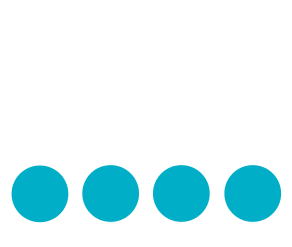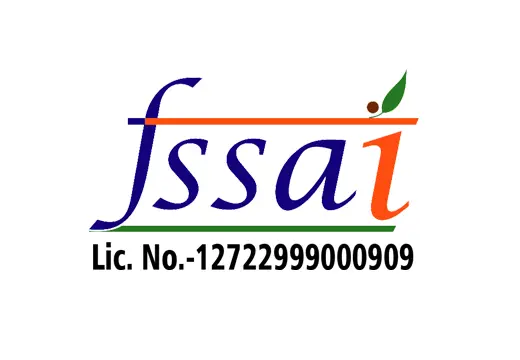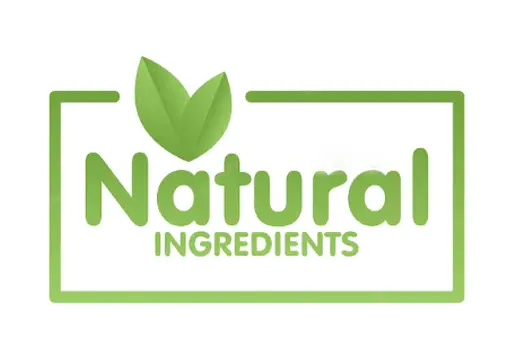Aniodidant Support
Beta Carotene Background and Benefits
orange-red pigment found in many plants and vegetables. Its primary function is to protect plants from damage caused by excessive sunlight. Beta-carotene also gives color to many animals, especially flamingos, lobsters, and other shellfish.
Swiss drugstore Paul Karrer and his team deciphered the structure of beta-carotene in 1930. It is chemically an isoprenoid, meaning that it is derived from isoprene units. Carotenes are a type of isoprenoid found in carrots and have a chain of eight isoprene units.
Carotene is the main contributor to the red-orange color of many plants, including carrots, cantaloupes, mangoes, papayas, squash and sweet potatoes. Leafy vegetables such as spinach and kale also contain significant amounts of beta-carotene, although the green color of chlorophyll masks the color of the beta-carotene in these plants.
The main nutritional role of carotenes is their conversion to vitamin A, which requires the enzyme 15,15'-monooxygenase. Beta-carotene is the best known provitamin A carotenoid, although alpha-carotene and beta-cryptoxanthin also belong to this class. Because carotenes are fat-soluble, their absorption is increased when they are consumed with fatty foods. Raw vegetables contain more carotene because they are sensitive to heat.
Support for lung health
Beta-carotene may help maintain normal breathing after exercise.
Sun exposure support
Supplements containing beta-carotene may help protect the skin from sun exposure, especially ultraviolet radiation. This is especially helpful for people with a genetic sensitivity to the sun.
Support during physical activity
Beta-carotene may support muscle strength and physical performance.
Beta Carotene Background and Benefits
orange-red pigment found in many plants and vegetables. Its primary function is to protect plants from damage caused by excessive sunlight. Beta-carotene also gives color to many animals, especially flamingos, lobsters, and other shellfish.
Swiss drugstore Paul Karrer and his team deciphered the structure of beta-carotene in 1930. It is chemically an isoprenoid, meaning that it is derived from isoprene units. Carotenes are a type of isoprenoid found in carrots and have a chain of eight isoprene units.
Carotene is the main contributor to the red-orange color of many plants, including carrots, cantaloupes, mangoes, papayas, squash and sweet potatoes. Leafy vegetables such as spinach and kale also contain significant amounts of beta-carotene, although the green color of chlorophyll masks the color of the beta-carotene in these plants.
The main nutritional role of carotenes is their conversion to vitamin A, which requires the enzyme 15,15'-monooxygenase. Beta-carotene is the best known provitamin A carotenoid, although alpha-carotene and beta-cryptoxanthin also belong to this class. Because carotenes are fat-soluble, their absorption is increased when they are consumed with fatty foods. Raw vegetables contain more carotene because they are sensitive to heat.
Uses of beta-carotene
The use of beta-carotene in dietary supplements is generally due to its role as a vitamin A precursor. These benefits primarily include antioxidant activity, which helps support the skin, eyes and lungs.Eye health support
Beta-carotene may help maintain normal function of the macula, a structure in the eyes. This use is especially beneficial for the elderly.Support for lung health
Beta-carotene may help maintain normal breathing after exercise.
Sun exposure support
Supplements containing beta-carotene may help protect the skin from sun exposure, especially ultraviolet radiation. This is especially helpful for people with a genetic sensitivity to the sun.
Support during physical activity
Beta-carotene may support muscle strength and physical performance.
Signs that you may need beta-carotene
The main signs that you may need beta-carotene are the signs of oxidative stress. These signs usually include chronic conditions caused by free radicals, especially dry skin or an aged appearance. A weakened immune system and poor cardiovascular function are other signs that you may benefit from beta-carotene. Unhealthy blood sugar levels and poor night vision may be caused by beta-carotene deficiency.





